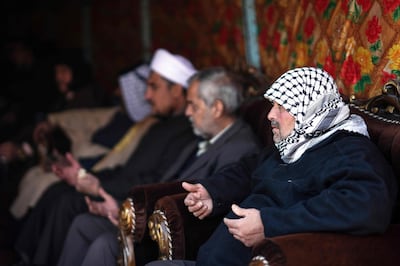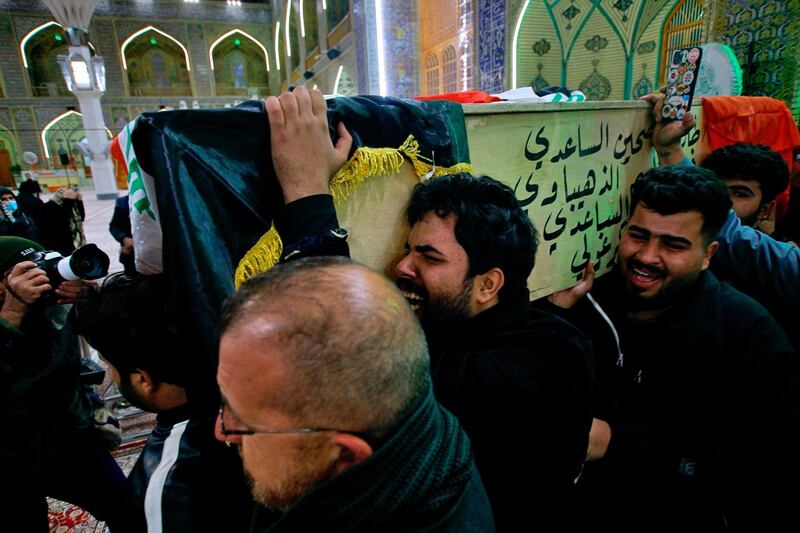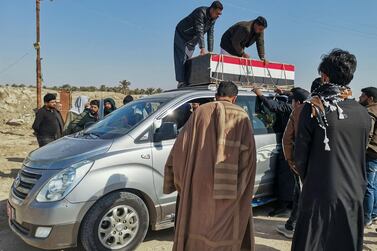Iraqi President Barham Salih has ratified hundreds of death sentences linked to terrorism and criminal charges, amid public calls for revenge after Thursday’s bombing in Baghdad, which was claimed by ISIS.
A presidential statement, published by the state-run Iraqi News Agency late on Saturday, put the total number of convicted at 340.
It did not specify how many of them were militants or how many were criminals sentenced on other charges.
Since the 2003 US-led invasion that toppled Saddam Hussein, Iraq has one of the highest numbers of government-sanctioned executions.
Human rights organisations have voiced concern over whether defendants receive fair trials or confess under torture, or whether cases are based on false witness statements.
The Iraqi government says trials and proceedings comply with international law.
After years of calm in Baghdad, two ISIS suicide bombers blew themselves up in a bustling outdoor market in central Baghdad, killing at least 32 and wounding 100 others, according to Iraqi officials.
To inflict the maximum number of casualties, the first bomber pretended to be ill and detonated his explosives as people gathered to help him.
Minutes later, the second bomber blew himself up as people rushed to the scene to help the wounded.
ISIS claimed responsibility for the attack, saying it was aiming to kill Shiites.
The last similar bombing in Baghdad was in January 2018, a month after Iraq declared ISIS had been defeated.
Thursday's attack caused outrage, particularly among the Shiite community, and prompted calls to execute ISIS militants in Iraqi prisons.
“There are hundreds of terrorists in Al Hout prison,” Shiite politician Adnan Al Asadi said.
"They feel comfortable, eat and drink well as if they are living in a five-star hotel."
Suleiman Al Fahad said in a tweet: “Now more than ever is the perfect time to execute those convicted at Al Hout prison.
“And those nations who call for the criminals’ rights can go to hell.”

Capital punishment in Iraq was suspended in 2003 by the occupying Coalition Provisional Authority, but was reinstated in 2004 by the first Iraqi transitional government.
Since then, policymakers have often found themselves under public pressure to execute militants, and have shrugged off calls by UN and human rights organisations to reconsider the death penalty.







